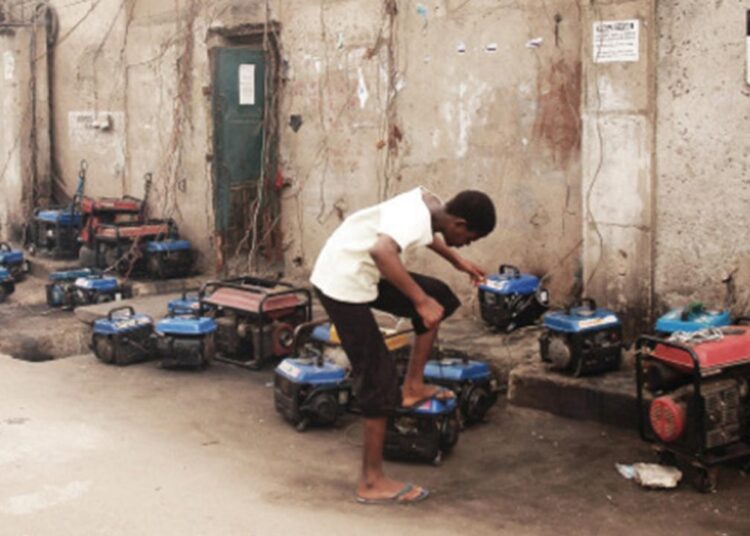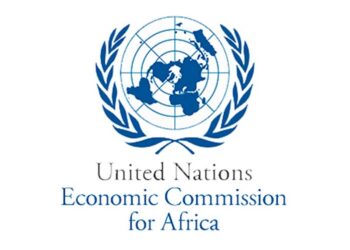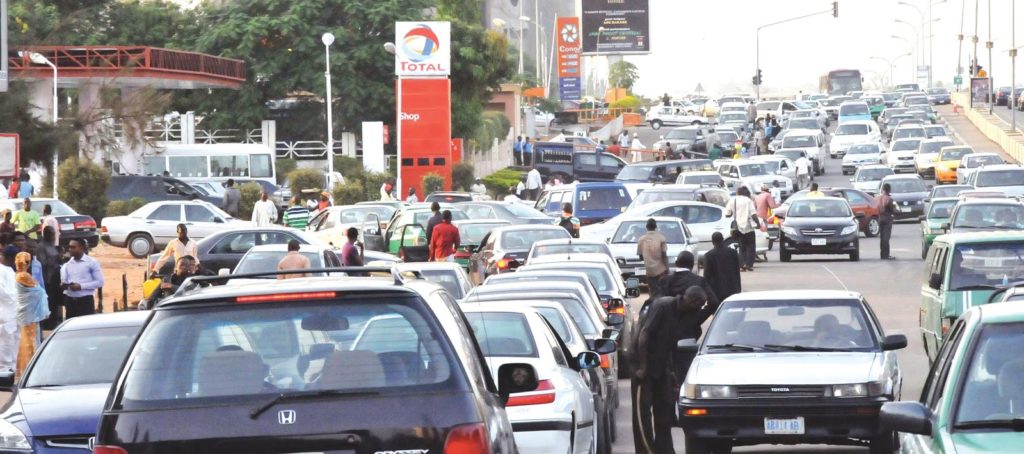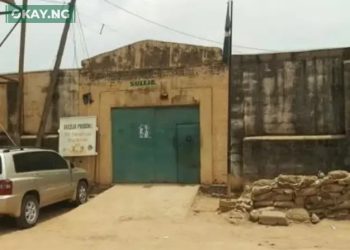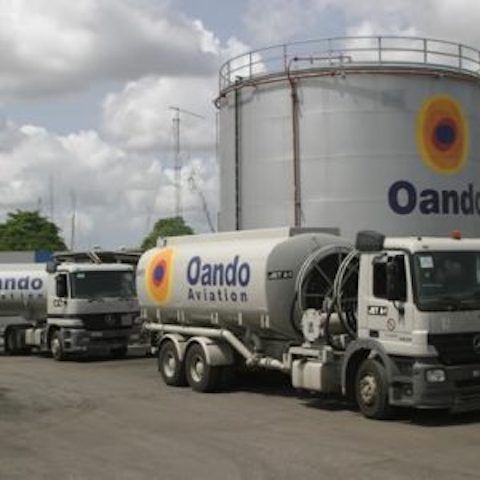Hope is rising regarding the solution to the decades old decrepit electricity infrastructure as Siemens of Germany has started shipping into Nigeria, the mega transformers and power generating infrastructure.
The infrastructure form part of the agreement reached with Siemens under Nigeria’s Presidential Power Initiative (PPI).
The heavy duty power plants designed for Nigeria have successfully undergone factory acceptance test at Siemens’ transformers factory in Trento, Italy, paving the way for Siemens Energy to start the rehabilitation of Nigeria’s dilapidated power infrastructure as agreed in 2018.
Mr Isa Sanusi, Special Adviser, Media to the Nigeria’s Minister of Power, said Nigerian delegation witnessed the factory acceptance test conducted on July 28, 2022 and noted that the first batch of the equipment, including mega transformers, will start to arrive in Nigeria in September.
”The first phase of the project will provide 10 mobile power sub-stations and 10 mega transformers that will be deployed across the country to boost and stabilize electricity supply.
The deal is to boost electricity supply in the 36 states and 774 local governments and to reduce dependence on generating sets which have become a menace to the nation both in noise and environment pollution as well as playing additional cost to production.
Despite the noise, fumes and high cost, the use of generators in Nigeria is a norm due to the poor condition of electricity. Virtually every home and business outfit is hooked to private power generation because of the near total collapse of the public electricity supply.
Environmentalists have, in many instances, spoiled for a fight due to the air and noise pollution caused by generators but they have not been able to achieve much because of the indispensability of generators. Nigerians need electricity from whatever sources as there had been no stable electricity since independence in 1960.
The situation had become pathetic in a country that is the sixth largest oil producers and with large deposit of gas that can be harnessed for power generation. At least 120 million of the 200 million people have no access to public electricity.
The Director in charge of African Development Bank (AfDB) in Nigeria, Mr Ebrima Faal, said Nigerians spent about $14 billion in 2021 on generators and fuel yearly in order to prevent their businesses from crippling.
The $14 billion is an increase over the $12 billion estimated in 2020 and this is a proof that power supply in Nigeria is not getting better despite the privatisation of the power sector and the huge investment, especially the $16 billion recently pumped into the system.
According to a report of the Central Bank of Nigeria (CBN), for years, generators have served as an alternative source of power for Nigerians. This has led to increase in generator budget for many households and businesses.
The National Grid, the facility of the Transmission Company of Nigeria (TCN) that aggregates and distributes all the power generated by the various Generation Companies (GenCos), has collapsed six times this year with the latest on July 20, 2022, throwing the whole country in total darkness.
The power sector reforms to seek a solution has not helped despite the creation of twenty-three power generating companies (GenCos) connected to the national grid. These plants are managed by independent power providers, and Niger Delta Holding Company.
Whereas the country’s average power requirement is 40,000 megawatts, these companies generate less than 5,000 megawatts presently which is distributed by 11 Distribution Companies (DisCos).
The 1999 Public Enterprises (Privatization and Commercialization) Decree which changed the National Electricity Power Authority (NEPA ) to Power Holding Company of Nigeria (PHCN) for privatization.
Another Power Sector Reform Act was enacted in 2005, transferring the public monopoly of Power Holding Company of Nigeria (PHCN) which was unbundled into 18 Business Units (BU); viz eleven Distribution companies (DisCos); Twenty-three Generation companies (GenCos); and one Transmission company.
These reforms have only brought more darkness across the country, thus making importation of generators to blossom.
++++
Major cities, including Abuja, go without public electricity supply for days and where supply is available it lasts for at most four hours a day.
Mr Ndidi Mbah, TCN spokesperson, explains that there is no option for now than load-shedding, switching on some regions for some hours and switching off the region to serve another region.
Activities in most business centres have grounded as cost of diesel to run some heavy duty generators has escalated going for N800 per litres up from N340 per litre and petrol scarcity has also hampered those running smaller generators.
The situation at the Kugbo Furniture market in Abuja tells the story of a slow-down. Furniture makers now engage in drudgery of having to cut and plain the woods manually.
Thick fume emitting from different sides of the market and deafening noise welcome customers to the market when half of the more than 128 furniture makes are into production.
Visitors would have to wear face mask or use handkerchiefs to cover their noses to avoid inhaling the offensive smoke bellowing from corner to corner when the furniture makers are at work.
Also, one has to get very close to another to effectively communicate because of the noise.
Tears flow from eyes of many visitors and some of the workers because of the thick smoke from many of the rickety generating sets, especially the smaller ones popular called, “I better pass my neighbour’’.
The smoke and noise is most disturbing and not the price of furniture, Mr Alex Ojo, a customer, who was at the Kugbo market to buy side stools, complained.
“Once these furniture makers switch on their generating sets, the whole of the market becomes so noisy and emits thick fumes that are unhealthy to health.
“You can see some of the furniture makers wearing masks to protect themselves against fumes but they cannot escape from the noise. They shout on top of their voices while communicating,’’ he said.
Mr Chucks Ude, one of the big time furniture, laughed when confronted on the fume and noise and said: “We have to produce to be able to remain in business and feed our families.’’
“You can see different types of generating sets, with some as old as 15 years. What do you expect, good smoke or noise-free? We are used to it because we hardly enjoy electricity supply. Sometimes we get electricity four hours in a week.
“Now we hardly complete a set of furniture in two weeks. It used to take at most two days produce a set of furniture, but now it takes more than two weeks and with pains and high cost. We find it difficult to buy diesel because of the cost which we find difficult to transfer to customers.
“Market is dull because customers are shying away from patronising us because of high cost of furniture. The cost is high because we have to build in cost of running the generators.’’
Mr Okolo Anslem, CEO of OK Furniture, also complained that they hardly find wood for their production because the saw-millers have cut production because of lack of electricity to saw and plain logs.
Akin Ola Sawmilling Company in Kugbo has reduced working hours from 12 hours daily to between four and six hours daily because it has to maximise the use of diesel to run its heavy duty generating set.
“You can see the large quantity of logs in the yard. We cannot saw them to sizes nor plain them for customers. We service both furniture makers and builders but now we cannot meet orders,’’ Mr Akin Olaosebikan, the CEO of the company said.
The Director-General, Lagos Chamber of Commerce and Industry (LCCI), Mr Muda Yusuf, said that spending on generator is unavoidable even though it is increasing cost of operation and affecting contribution to the Gross Domestic Product (GDP).
“The costs incurred to provide alternative sources of power are inevitable if industrialists are to remain in business in Nigeria. This, perhaps, is the biggest single factor impeding the growth of industrialisation.
“The issue has made our industries very uncompetitive in recent times.’’
The International Monetary Fund (IMF), reported that the lack of access to electricity and unreliable power supply are key constraints to doing business in Nigeria, putting the annual economic loss at about $29 billion.
As the nation grieves over blackouts, the Transmission Company of Nigeria (TCN) says low power generation by the GenCos is responsible for the outages and collapses in the national grid..
Mr Ndidi Mbah, TCN spokesperson, explained on July 22, 2022 that TCN could only transmit the quantum of power provided by GenCos through the national grid to distribution load centres.
He noted that TCN does not generate electricity and can only transport cumulative generation from all the generation companies nationwide to distribution load centres.
GenCos, he noted have similarly attributed the situation to poor gas supply as well as fault in generating units of generating companies, scheduled and unscheduled maintenance.
Also the destruction, theft and vandalism of power infrastructure are major hurdles to clear in stabilising power supply.
Aside the official explanation on the cause of the decades old power problem, Nigerians do not rule out sabotage in the system; believing that importers of generators could be responsible for the lacklustre attitude in the power system.
Mr Yakubu Abass, an Auto mechanic Engineer, said: “Those offering bribes to cause disruption in public power system are big time importers of generators who want to make money out of desperate individuals, institutions and companies.’’
“The situation has deteriorated to the extent that even power generating companies are issuing licenses to these powerful business persons to import generators, wasting Nigeria’s scarce foreign exchange and causing problem in the power generating and distribution system.’’
Dr Akin Alabi, The CEO of Amsta International Company, manufacturer of carpets, blamed the problem on generator importers whom he accused of corrupting the system to starve Nigerians of public electricity.
Mr Okolo Chukwu, an importer and distributor of generators in Abuja, said he is not aware of any sabotage in the system.
“I entered into generator importation business 20 years ago because it is profitable. Even if there is stable power supply, serious companies and individuals will still need generators to complement public power supply.’’
“There could be accidents or hiccups in public power supply and you will need to switch to generating set to keep the factory functional or light the home and equipment,’’ he argued.
The Senate recently considered a bill to ban importation of generators into Nigeria.
The bill which was sponsored by Senator Bima Muhammadu Emagi passed the first reading on the floor of the senate with Senator Francis Fadahunsi requesting a five-year ban on generator importation, but it was rejected.
The latest move to solve the problem is the talks with ex-German Chancellor, Angela Merkel, on August 31, 2018 which led to the signing of €3.11 billion Electricity Road Map agreement with German-based Siemens on July 22, 2019.
The deal to which Nigeria has paid $100 million initial counterpart funding is designed to improve the system and rehabilitate the decrepit power infrastructure.
According to the deal, Siemens is achieve 7,000 megawatts of reliable power supply by 2021 and 11,000 megawatts by 2023 but the project was delayed by Covid-19.
President Buhari who witnessed the signing of the deal in Abuja, said: “We are blessed to have significant natural gas, hydro and solar resources for power generation which Siemens can leverage.’’
“We are still on the journey to achieving reliable, affordable and quality electricity supply necessary for economic growth, industrialisation and poverty alleviation.
“After these transmission and distribution system bottlenecks have been fixed, we will seek in the third and final phase to drive generation capacity and overall grid capacity to 25,000 megawatts,’’ he said.
The Chief Executive Officer of Siemens, Mr Joe Kaeser, said: “With this agreement and the support of the German government, Nigeria is stepping up to meet this challenge.”
In a progress report on July 29, 2022, Nigeria confirmed that the first phase of the programme under the Presidential Power Initiative (PPI) would increase power supply to about 40 million Nigerians.
The Minister of Finance, Budget and National Planning, Dr. Zainab Ahmed, assured that the collaborative effort with the implementing partner, Siemens, on the PPI was on track to bring positive change to the power sector.
The Minister of Power, Abubakar Aliyu, also reported the Siemens project would add 2,000 megawatts to the national grid, raising it to about 7,000 megawatts.
“The objective of the PPI is to increase the end-to-end grid operational capacity of the power system in Nigeria to 25 gigawatts, but the focus in the next 18 months is to deliver the first additional 2,000 megawatts.
“This will create a rapid transformation in the on-grid electricity value chain, spur economic growth, create jobs and opportunities for Nigerian youth and enterprises,” he noted.
Time will tell when the epileptic power situation would be reversed.

